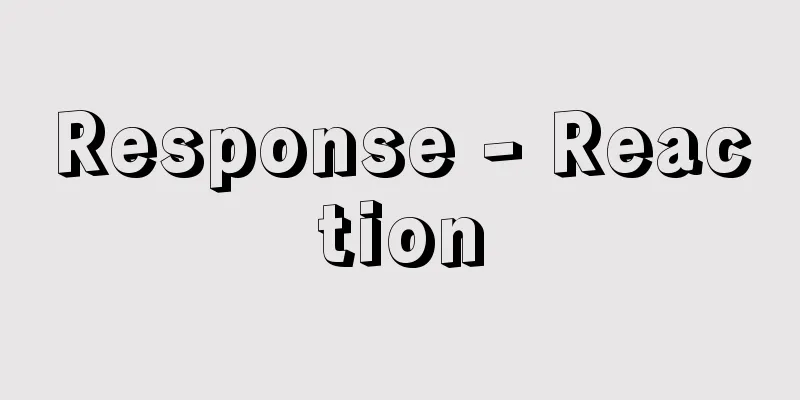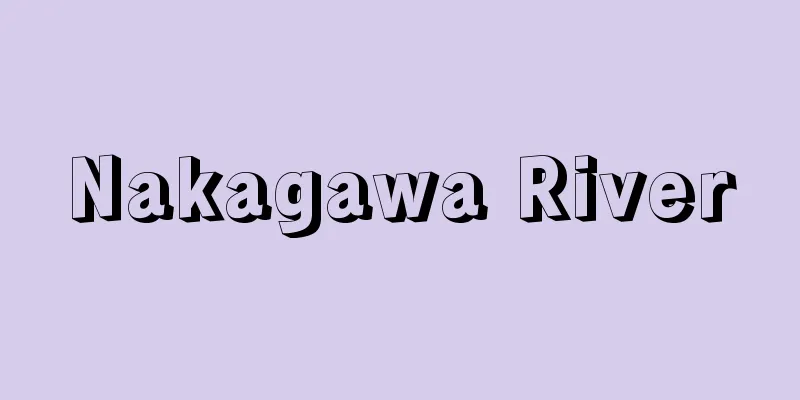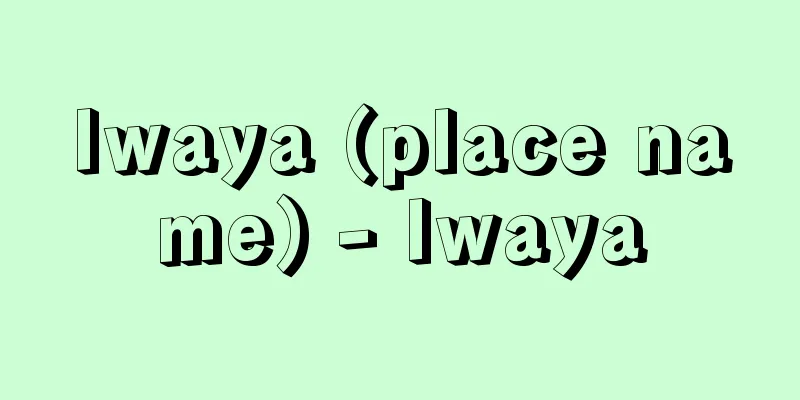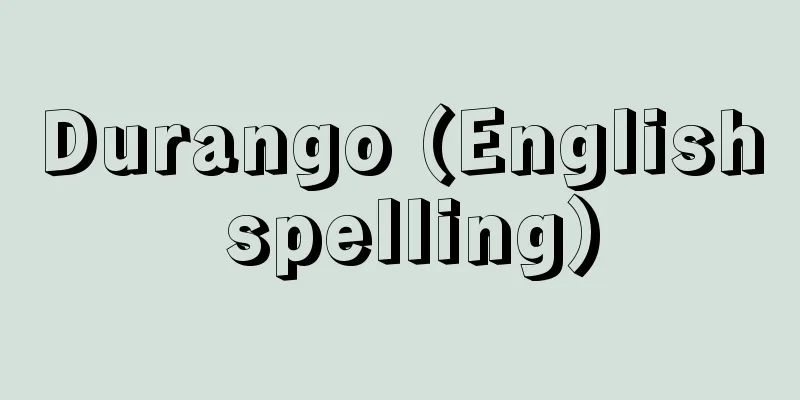Response - Reaction

|
Even if the sound comes from the same source, such as an echo, if there is a certain amount of time delay between the sound that reaches the ear directly and the sound that returns after reflecting off a mountain or valley, the sound can be heard as two or more separate sounds. This is called an echo. If there are multiple reflected sounds with a time delay but they are not heard separately, this is called "reverberation" and is used to distinguish it from echo. If the time delay of the reflected sound is small, even if it is about 10 decibels stronger than the direct sound, it is not heard separately, but rather has the effect of reinforcing the direct sound, which is desirable. It is generally said that if the reflected sound is delayed by about 50 milliseconds or more from the direct sound, we feel an echo. Because speech consists of a succession of short sounds repeated, reverberation significantly reduces clarity. In music, reverberation can also throw off the rhythm and even make it impossible to play, so it is considered to be the worst acoustic problem in a room. In large halls, the reflected sound that is most likely to cause reverberation is from the back wall, where the distance between the sound source and the wall is long. When the width or height of the room is large, the side walls, ceiling, and even balcony walls with their large, flat surfaces are also likely to cause reverberation. Therefore, when planning a large hall, it is especially important to choose a room shape that allows reflected sound to be diffused well. Reverberation is closely related to the time delay of reflected sound relative to the direct sound, but it is also intricately related to other factors, such as the volume of the direct sound itself, the level difference between the direct sound and the reflected sound, the direction from which the reflected sound comes, and the type of sound source. [Yoshihiro Furue] [Reference] | |Source: Shogakukan Encyclopedia Nipponica About Encyclopedia Nipponica Information | Legend |
|
山彦(やまびこ)のように、同じ音源から出た音でも、直接耳に到来する音と、山や谷などの反射物から反射して帰ってくる音との間に、ある程度の時間遅れがあると、音は二つ、もしくはそれ以上に分離して聞こえる現象がある。これを反響またはエコーechoとよぶ。時間遅れのある多数の反射音があっても、分離して聞こえない場合は「残響」とよばれ、反響とは区別して用いられる。 反射音の時間遅れが小さい場合には、直接音より10デシベルくらい強くても、分離しては聞こえず、むしろ直接音を補強する効果があり、望ましいものである。一般に、反射音が直接音より、およそ50ミリ秒以上遅れると、反響を感じるといわれている。 ことばは短い音の連続した繰り返しであるから、反響があると、明瞭(めいりょう)度が著しく低下する。また音楽でも、リズムを狂わせ演奏できなくなる場合さえあるので、反響は室内での音響障害のうち最悪のものとされている。大きなホールなどで、もっとも反響の原因となりやすい反射音は、音源と壁面間距離の長くなる後壁からのものである。幅や室高が大きい場合には、側壁や天井、さらには平坦(へいたん)な広い面をもつバルコニー壁面も反響の原因となりやすい。したがって、大きなホールを計画する場合とくに、反射音がよく拡散するような室形とすることがたいせつである。 反響は、直接音に対する反射音の時間遅れに大きく関係するが、そのほか、直接音の大きさそのもの、直接音と反射音のレベル差、反射音の到来方向、音源の種類などにも、複雑に関係している。 [古江嘉弘] [参照項目] | |出典 小学館 日本大百科全書(ニッポニカ)日本大百科全書(ニッポニカ)について 情報 | 凡例 |
Recommend
Behezard
The most famous Persian miniature painter and port...
Ryutei Tanehiko - Ryutei Tanehiko
A writer of readings and collections of volumes f...
Katsushika style
〘Noun〙 A school of haiku that traces its origins t...
Digest
…a 50-volume legal code issued by the Byzantine E...
Chinese meaning - Karagokoro
… We have looked at examples of the use of 〈yamat...
Cost - Hiyou
Generally, it refers to the amount of value consu...
Peridinidae
…A general term for protozoa belonging to the fam...
Tomizo Yoshida
Pathologist. Born in Asakawa-machi, Fukushima Pre...
Communist Party of Korea
Since the First Korean Communist Party was founded...
The Canons of Journalism
...ethical standards that newspapers or their org...
Oryx subfamily - Oryx red
...All of them are native to Africa, and there ar...
Diamond dust
...Based on the temperature at which ice crystals...
Pará (city) (English spelling) Para
…The capital of the state of Pará in northern Bra...
Behistan
…A village located 32 km east of Kermanshah in we...
pas de deux (English spelling)
...pas d'action: A part of a ballet work that...

![Esashi [town] - Esashi](/upload/images/67cb0627b3391.webp)







